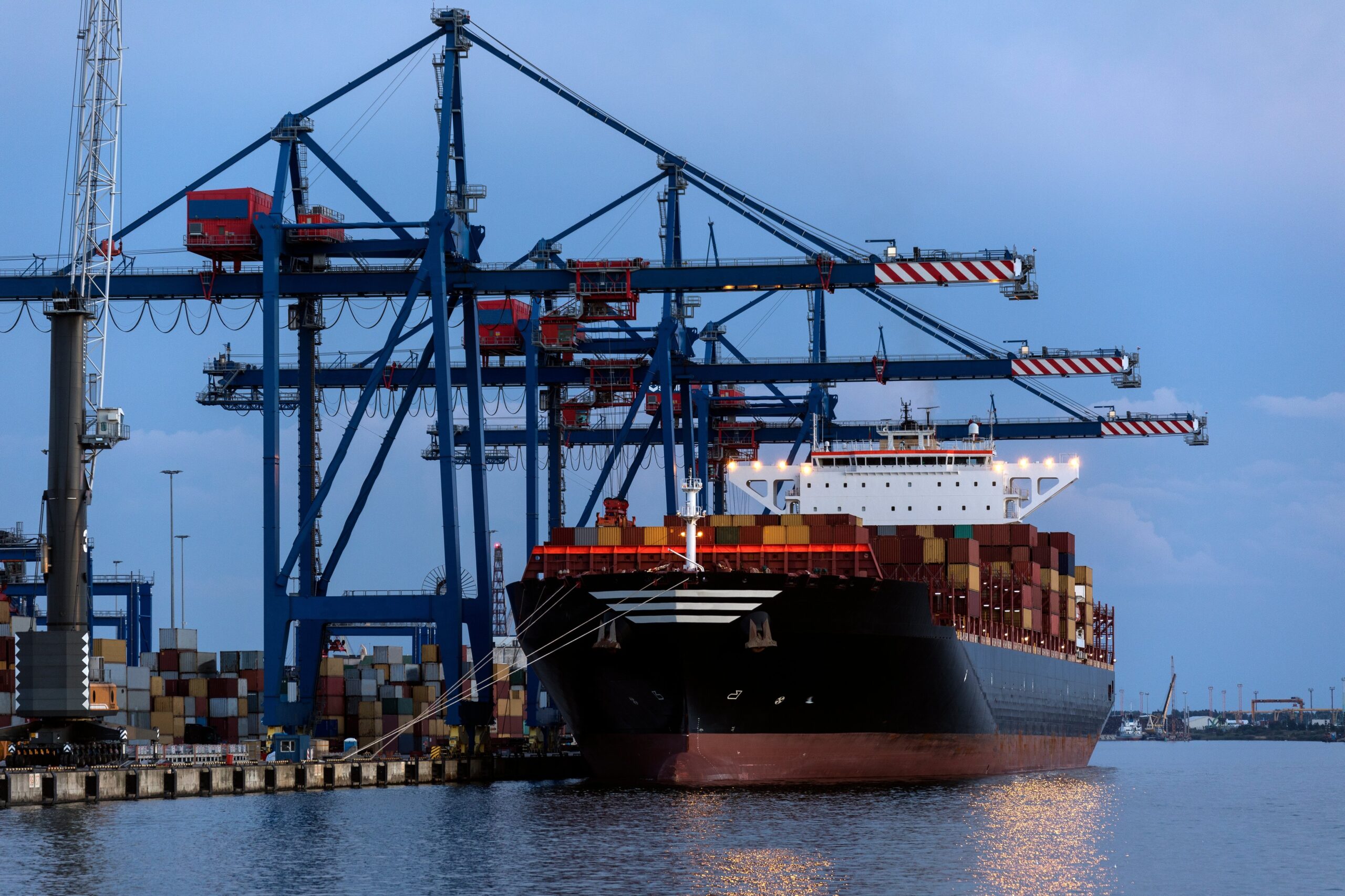The Telecommunications sector has entered the field of contemporary transport by leveraging existing technology and networks to provide fresh solutions. From mobile networks to e-mobility platforms, Telecoms providers are leading the future of transport. Below, we will take an in-depth look at how Telecoms are reshaping transport and the potential benefits that these changes can bring.
A vital part of the way in which Telecommunications are reshaping transport is through mobile networks. As more and more devices connect to the internet through wireless technologies like 5G and LTE, companies can now track fleets of vehicles in real time with greater accuracy than ever before. By collecting data from a wide range of sources, such as GPS, satellite and other sensors, companies can derive valuable information about their assets, allowing them to plan routes more efficiently and respond quickly to any operational issues that arise. This is particularly useful in airports, logistics and delivery industries, where time is of the essence.
Mobile networks also allow Telecoms providers to introduce e-mobility solutions that make it easier for drivers to find and pay for parking efficiently. For example, this could include the use of an app or website interface designed by a Telecoms provider to enable users to search for available parking bays nearby and then pay directly with a credit card or mobile wallet without even having to leave the vehicle. Not only does this reduce congestion, but it also ensures that those seeking parking spaces will not miss out on opportunities due to the limited number of spots available in certain areas. In short, Telecoms are solving one of the biggest problems of modern cities.
Furthermore, Telecoms providers are increasingly seeking ways to integrate sustainability into their products and services. By utilizing existing networks, Telecoms companies could potentially assist in reducing emissions by connecting buses, trains, cars, bikes, scooters, etc., allowing all of them to share information, such as location data, so that collectively they can be optimally routed together, thereby shortening overall journey times and improving efficiency levels at the same time. Charging systems could also be implemented to accurately track usage levels so that those who consume greater amounts are charged accordingly, while those who consume less receive discounts or other incentives – motivating people towards more sustainable methods of transport that would help society meet carbon reduction targets faster than ever before.
Overall, it is clear that Telecoms are reshaping contemporary transport in many different ways, and these changes are bound to continue in the future as Telecoms providers move towards new technologies, such as 5G solutions, which promise even higher potential in terms of increased efficiency and data processing speed, among other features. By thinking outside the box regarding sustainability initiatives, these companies can also stay ahead of the curve when it comes to delivering innovative transport solutions through their innovative networks, which are backed by reliable customer support teams when needed most. The result? Higher profits for providers and better, more environmentally friendly transport that benefits everyone!





